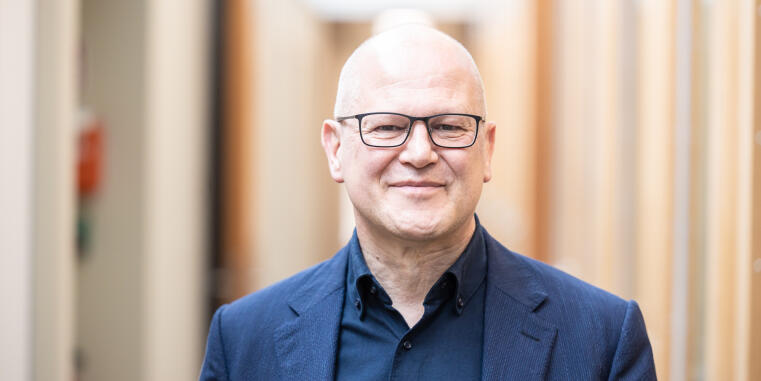

On 8 July 2024, Prof. Dr. Thomas Gutmann held his Fellow Lecture „‚Cultural Appropriation‘. Questions about a concept“.
The “prohibition” of cultural appropriation restricts access to intangible cultural property. The lecture first demonstrates why the concept of “cultural appropriation” does not stand up to normative analysis and is unsuitable as a tool of criticism. All human “cultures” are hybrids; they have all emerged through the reception of other cultures, are interwoven with other cultures and are the result of productive (and usually uncontrolled) adoption processes. So to what extent can an immaterial cultural good belong to a community, or more precisely: to a collective that, unlike other collectives, alone has the necessary prerequisites for dealing with it appropriately? To what extent can “culture” even be particular in this sense? Secondly, the questions of cultural property, cultural heritage and thus the right to dispose of one’s own imagined cultural tradition, which today are predominantly negotiated in legal and moral philosophy, seem to be based on the paradox that “culture” as an always fluid, hybrid and dynamic practice based on implicit knowledge, is pressed into the static and reifying concepts of (intellectual) property or the right of ownership. For law (also for theories of moral rights), cultural property and inheritance claims also raise theoretically intricate problems of collective or group rights. The main questions here are what degree of unity, identity, organization, capacity to act or at least shared interests makes a group a possible legal entity, who can represent such a group in the exercise of collective rights and to what extent the institutional strengthening of (minority) cultures and their respective group autonomy would maintain traditional power relations within these groups and thus take place at the expense of individual members or subgroups. Of course, the misguided accusation of cultural appropriation often conceals other phenomena that are very well suited as critical concepts, such as exploitation, oppression, disregard and denied recognition. These concepts need to be sharpened and salvaged from the rubble of the cultural appropriation discourse.
Thomas Gutman’s lecture was followed by a vivid discussion containing both positive comments as well as critical questions. It was asked, for example, if the discourse about cultural appropriation, being highly ideological, even leaves room for a rational argument. Instead of focusing on a mainly philosophically-normative perspective, shouldn’t one rather set a socio-psychological focus? It was also discussed how the discourse about cultural appropriation could be led alternatively. Should we address the concept from an economic perspective only, or is it always bound to disrespect? Does the discourse necessarily need a theory of collective ownership? Should we, in the end, get rid of the concept of cultural appropriation altogether and point to injustice directly?
One main point was also the discussion about alternative terminologies. In this manner, the group talked about whether the term “translation” might be a better and more fruitful candidate to describe what the term “appropriation” refers to.
Prof. Dr. Thomas Gutmann is Professor (W3) of Civil Law, Philosophy of Law, and Medical Law at the University of Münster and Inhouse Fellow of the Centre for Advanced Study “Access to Cultural Goods in Digital Change”. He is the Academic Director of LL.M. course “Medical Law” and Principal Investigator at the Research Cluster of Excellence “Religion and Politics in Pre-modern and Modern Societies” at the University of Münster. From 2010 to 2018 he was Director of the Centre for Advanced Study in Bioethics. His research areas are Legal Theory, Philosophy of Law, Medical Law and Ethics, Private Law and Theory of Society and Law of Succesion.

